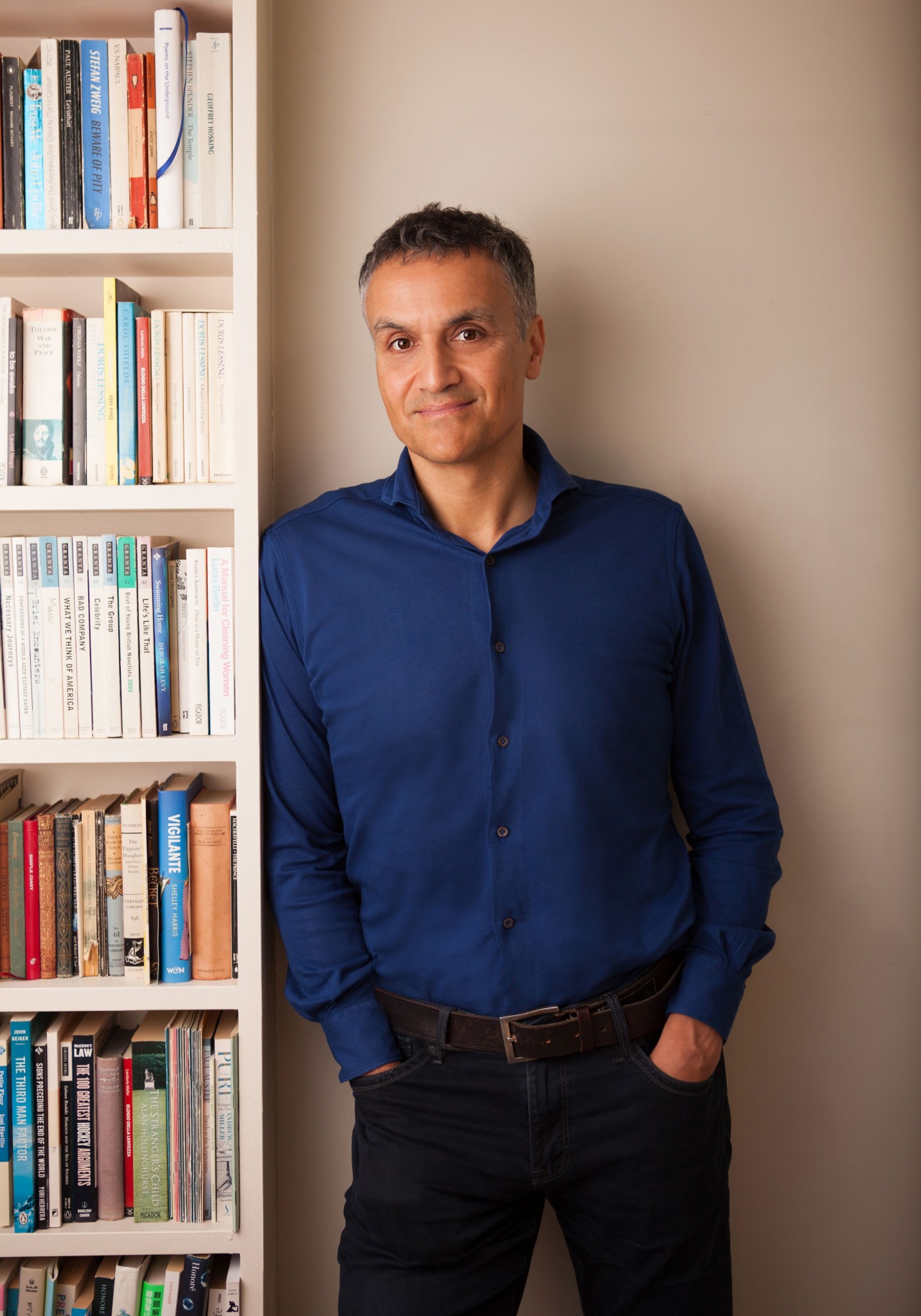

With multiple real-life examples, Honoré covers off how slowing down can improve food, digestion, our cities, our minds and bodies, medicine, sex, work, leisure time, and our children. However much Honoré insists that the slow lane isn’t only for “affluent epicures,” it seems that’s exactly for whom his slow “revolution” is made. Only those who have it all – i.e., decadent North Americans and Western Europeans – have the temerity to proselytize that less is more. It’s difficult to muster much sympathy for harried, “time-poor” urbanites who fail to find time to make home-cooked meals or enjoy museums when there is a much bigger cult of water-poor, housing-poor, food-poor, human rights-poor (but civil war-rich) people known as The Rest of the World. However, it’s open to debate whether there is, in fact, a worldwide connection between distant pockets of people longing for Tantric sex, super-slow workouts, home schooling, Chinese medicine, slow food, and pedestrian-friendly neighbourhoods. Honoré provides plenty of anecdotal evidence that people are fed up with the fast-paced world of 21st-century hyper-capitalism, with its attendant burnout, ulcers, heart attacks, latchkey kids, road rage, low-nutrition meals, and noxious TV as wallpaper/babysitter/narcotic.

Ironically, he does this through what appears to be a regimen of frantically paced travel. Honoré serves up a neo-Zen, less-is-more manifesto with In Praise of Slow. When he found himself trying to read his child one-minute bedtime stories, he decided enough was enough. London-based Canadian journalist Carl Honoré has seen the evils of the fast-paced world.


 0 kommentar(er)
0 kommentar(er)
